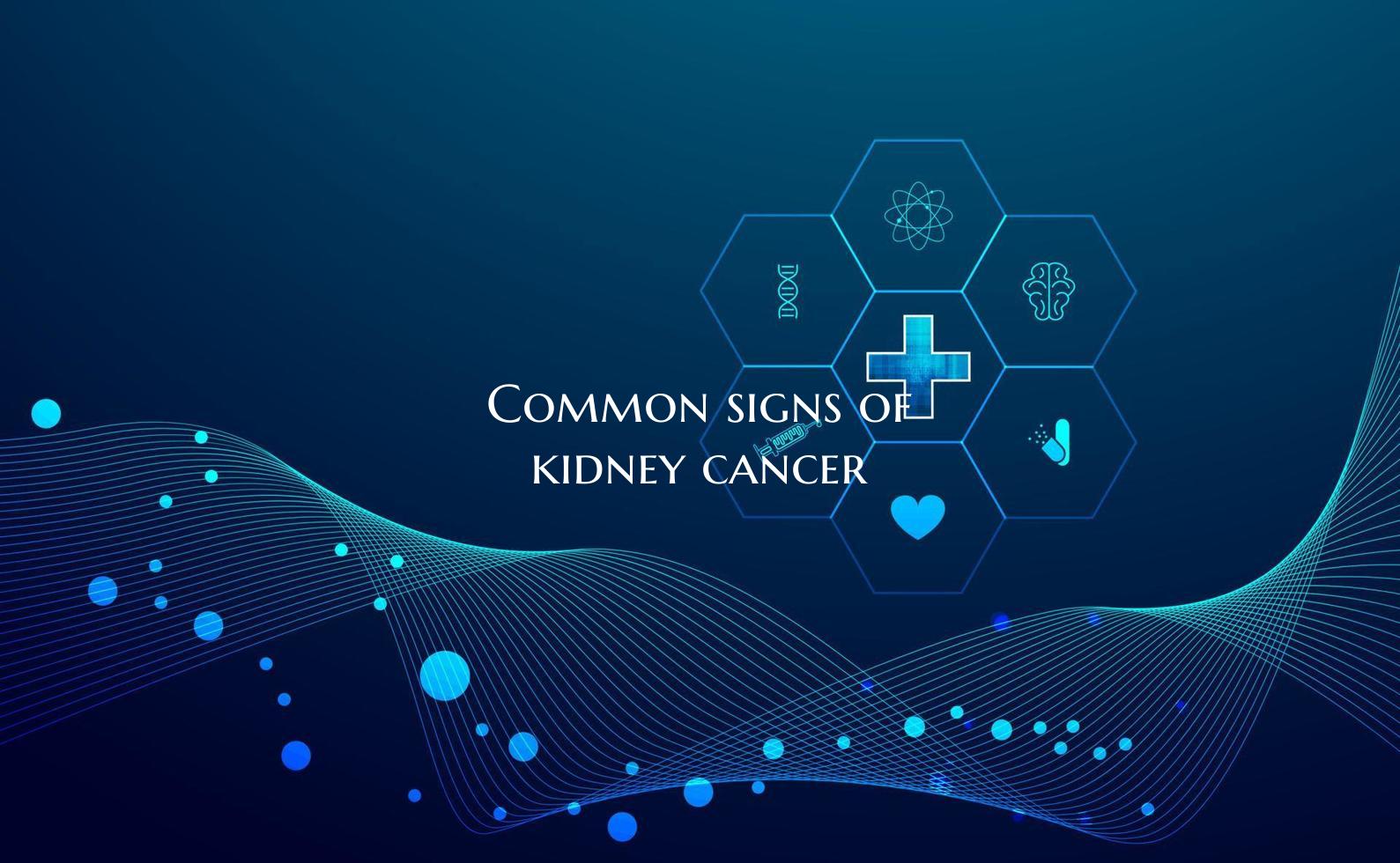
Common signs of kidney cancer
Kidney cancer, also known as renal cancer, is a serious condition that can often go undetected in its early stages. Understanding the common signs and symptoms of kidney cancer is crucial for early diagnosis and treatment. Here are some of the common signs to watch out for:
1. Blood in the urine (hematuria): One of the most common signs of kidney cancer is blood in the urine. This can be visible to the naked eye or detected through microscopic analysis.
2. Pain or discomfort in the side or back: Persistent pain in the side or back, below the ribs, that doesn't go away could be a symptom of kidney cancer. This pain may be dull and constant or sharp and intermittent.
3. A lump or mass in the side or abdomen: Feeling a lump or mass in the side or abdomen is another potential sign of kidney cancer. This may be accompanied by swelling in the affected area.
4. Unexplained weight loss: Sudden and unexplained weight loss can be a symptom of various types of cancer, including kidney cancer. If you are losing weight without trying, it's important to consult a healthcare provider.
5. Fatigue and weakness: Feeling tired and weak even after getting enough rest could indicate an underlying health issue, including kidney cancer. Pay attention to persistent fatigue that doesn't improve with rest.
6. Loss of appetite: A decreased appetite, leading to a noticeable loss of weight, can be a sign of kidney cancer or other health concerns. If you're experiencing a significant decrease in appetite, seek medical advice.
7. Fever that doesn't go away: A persistent fever that is not related to a common illness or infection could be a sign of kidney cancer. Monitoring your body temperature and seeking medical attention for a prolonged fever is important.
It's important to note that these signs and symptoms can also be caused by conditions other than kidney cancer. However, if you experience any of these signs persistently, it is advisable to consult a healthcare provider for proper evaluation and diagnosis. Early detection and treatment of kidney cancer can significantly improve outcomes and quality of life.